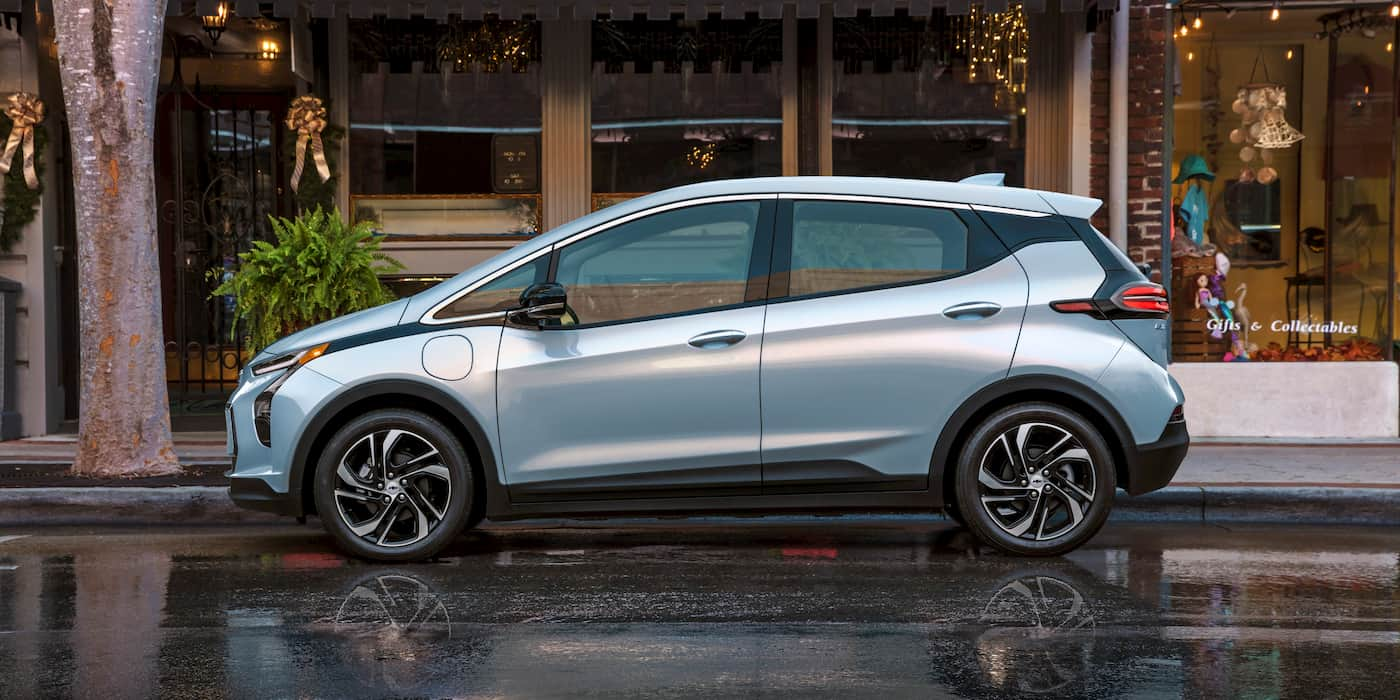
The next-gen Chevy Bolt EV is due out next year after GM ended production of its top-selling electric model at the end of 2023. GM’s CFO Paul Jacobson says the new Bolt EV will save the company billions by becoming North America’s first Ultium-based model to use LFP batteries.
After EV enthusiasts like myself were disappointed to learn GM planned to discontinue the electric Chevy Bolt EV last year, GM’s CEO Mary Barra revealed a next-gen model was in the works.
During a media call last July, Barra revealed the Bolt EV will live on as an Ultium-based model, claiming it will streamline production.
GM’s leader said the new Bolt EV will provide “an even better driving, charging, and ownership experience.” One of the biggest will be the introduction of LFP batteries.” As the first Ultium EV to use LFP batteries, the new model is expected to drastically lower costs.
Barra also confirmed the new electric model will be revealed next year. At the Automotive Press Association in Detroit (via Automotive News), Barra said, “That’s been something that has been really great this year, and that informed the decision that we’ll have that back again in ’25.”
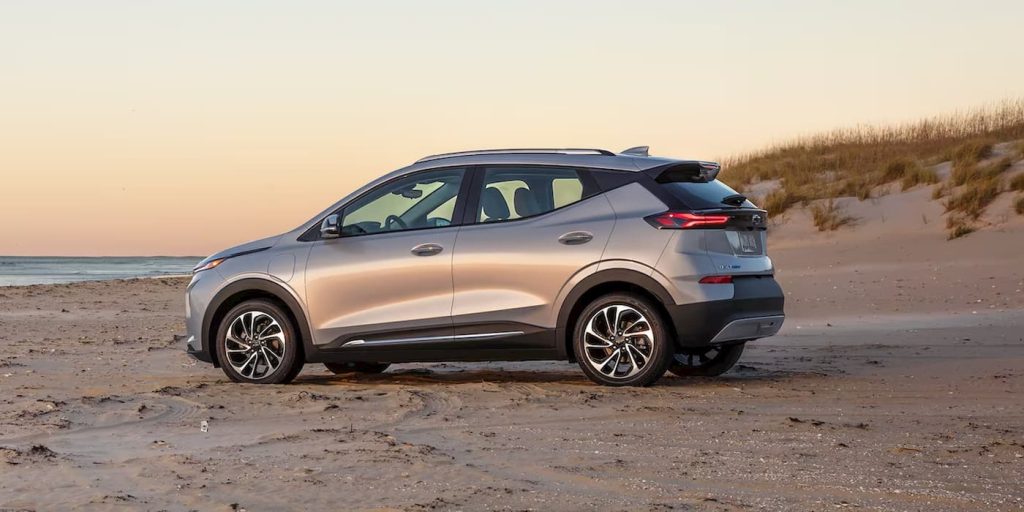
Although GM was disappointed with the production of Ultium models in 2023, the company has made “substantial improvements,” according to Barra.
GM’s new Bolt EV to save company billions
During an interview for the Daily Drive podcast, Jacobson acknowledged that GM hasintroduced higher-priced Ultium models so far.
However, Jacobson said GM is “mindful” of the growing need for affordable EVs. That’s a big reason why GM is reviving the Bolt rather than developing a new lower-cost EV platform.
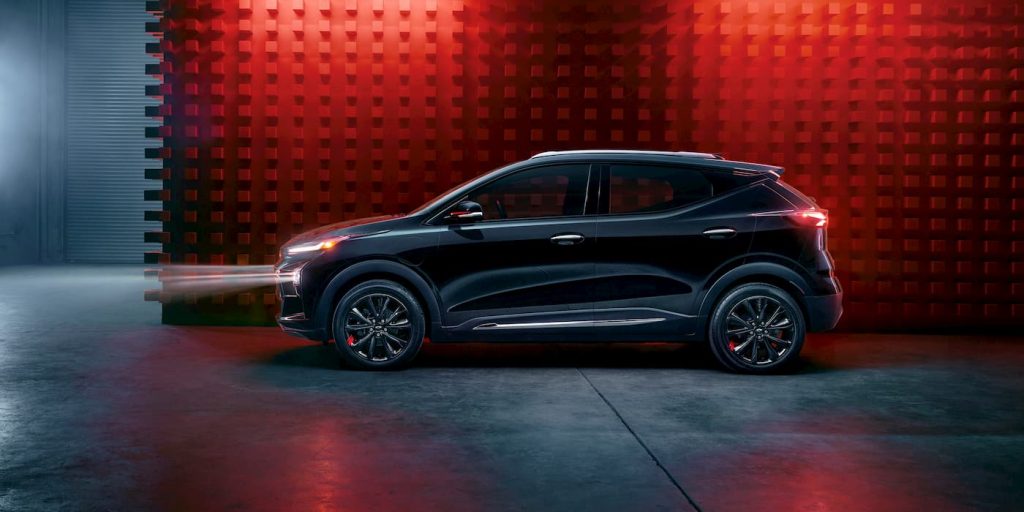
Jacobson claims the move will save GM billions of dollars. By streamlining the Bolt with its Ultium-based models and adding LFP batteries (the first Ultium EV in North America), GM’s financial leader said the model will help GM achieve a positive variable profit by the second half of the year.
“We’ve got an established brand,” Jacobson said, referring to the Bolt. “We’ve got a really good product that customers love. We can realize some of the efficiencies of the Ultium platform using LFP chemistry and technology and make it more profitable for us and significantly improve the business case for it.”
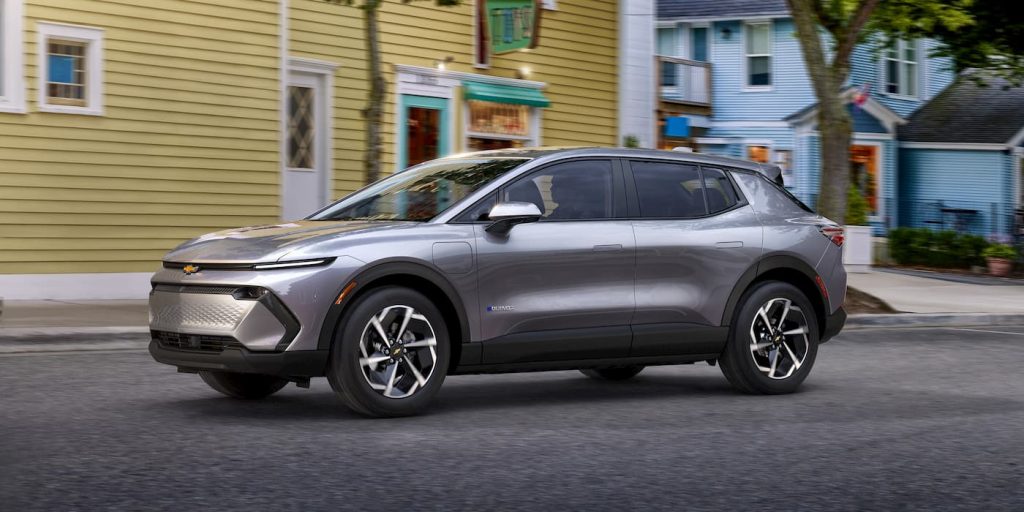
Although GM plans to produce 200,000 to 300,000 Ultium EVs this year, a software quality issue resulted in a stop-sale on the highly-anticipated Chevy Blazer EV.
Chevy issued the stop-sale in December, only four months after opening orders. Over two months later, sales are still suspended.
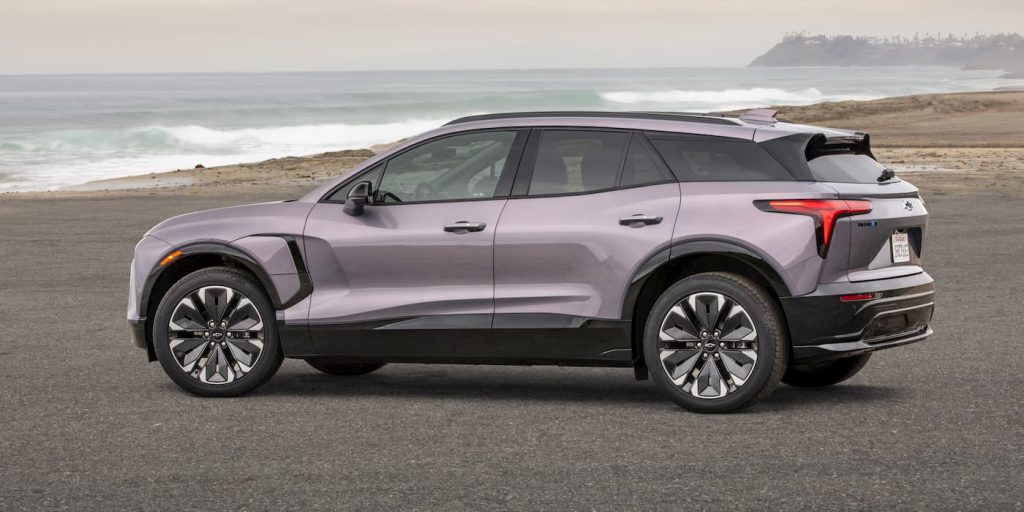
Earlier this month, Barra said 2024 is the “year of execution.” Plans include resetting EV production, relaunching Cruise, and finally fixing the software quality issues halting output.
Electrek’s Take
GM expects to see big results from the new Ultium-based EV due out next year. In the meantime, the automaker needs to get back on track.
The Chevy Bolt EV accounted for over 82% of GM’s passenger EV sales last year, with over 62K models sold. GM has already delayed production of its promised affordable electric replacement, the Equinox EV.
Chevrolet confirmed earlier this month the base Equinox EV will start at the promised $35,000 price. The brand expects it to be the most affordable EV in its segment under $35,000 with up to 319 miles range.
| EV model | Starting Price (including destination fee) |
Range (EPA-est miles) |
Screen Size |
| Chevy Equinox EV 1LT | $34,995 | 319 mi | 17.7″ |
| Chevy Equinox EV 2LT | $43,295 | 319 mi | 17.7″ |
| Tesla Model Y RWD | $45,380 | 260 mi | 15″ |
| VW ID.4 Standard RWD | $40,290 | 209 mi | 12″ |
| Hyundai IONIQ 5 standard range |
$43,175 | 220 mi | 12.25″ |
| Nissan Ariya Engage FWD | $44,555 | 216 mi | 12.3″ |
| Volvo EX30 single-motor extended range |
$36,245 | 275 mi | 12.3″ |
The brand also expects it to qualify for the $7,500 federal tax credit, cutting the starting price potentially as low as $27,495.
Meanwhile, with the base model not expected to begin production until later this year, GM plans to fill the gap with hybrid models. The move could set GM behind rivals like Hyundai and Volvo, which are doubling down on EVs in the US.
While GM’s financial leader says abandoning a seperate low-cost EV platform will save it billions, Ford’s CEO Jim Farley revealed the automaker has been “secretly developing” an affordable EV platform of its own.
